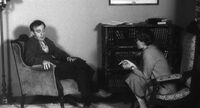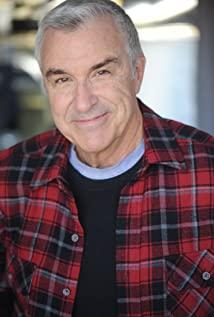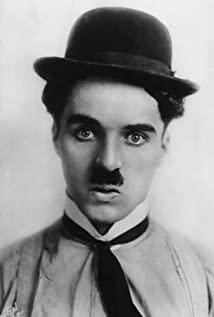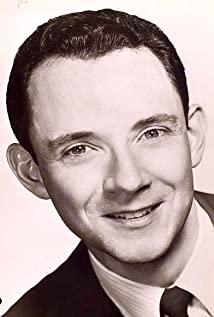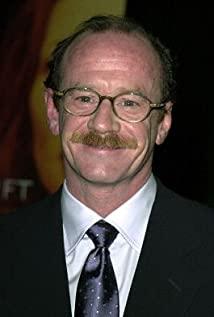Interestingly, Zelig has gradually become a "chameleon monster" after being bullied by anti-Semitic children since childhood - black, Asian, French, obese... He can become anyone around him to protect himself "Just like everyone else, it's safe" "waiting only to be liked, he distorted himself beyond measures" And when he was finally healed and stood up as a proud "American" to "be himself", he was The relapse of his old illness in response to the moral charges of the whole society fuels his longing for safety in obscurity among the masses. So he fled to Berlin and turned into a Nazi, an American Jew who blurred his identity by joining this huge fascist movement. such Preposterous!
The transatlantic accent throughout the film makes one feel like being in America in the 1920s - a jazz age full of heroes and wild ronin. This half-British, half-American artificial accent that prevailed in the American upper class and performance circles in the early 20th century made the film present a slightly higher-than-reality sense of overhead and a short-lived "dream-making" effect.
Woody Allen really wants to babble about his adoration of the metropolis in each of his works, the rushing crowds and the hustle and bustle of traffic, which he always idolizes beyond measure. He never shied away from talking about the nightmare of life, and though it was full of loneliness, pain, sadness and misfortune, he still felt that everything passed too quickly. He was always a fan of fantasy, paranoid, and we never expected to draw the line between fantasy and reality from him. From him we feel alert to the appearance of affairs—the fear that living without fantasy is itself an illusory state. Trilling said in his defense of Hemingway in the past that "Hemingway's 'poor performance' in art just shows that he is trying to deal with the problems of modern life", I think this sentence also applies to WoodyAllen in a certain way—— In his films he provides us with certain patterns or paradigms by which we form our own moral identities almost unconsciously.
View more about Zelig reviews






